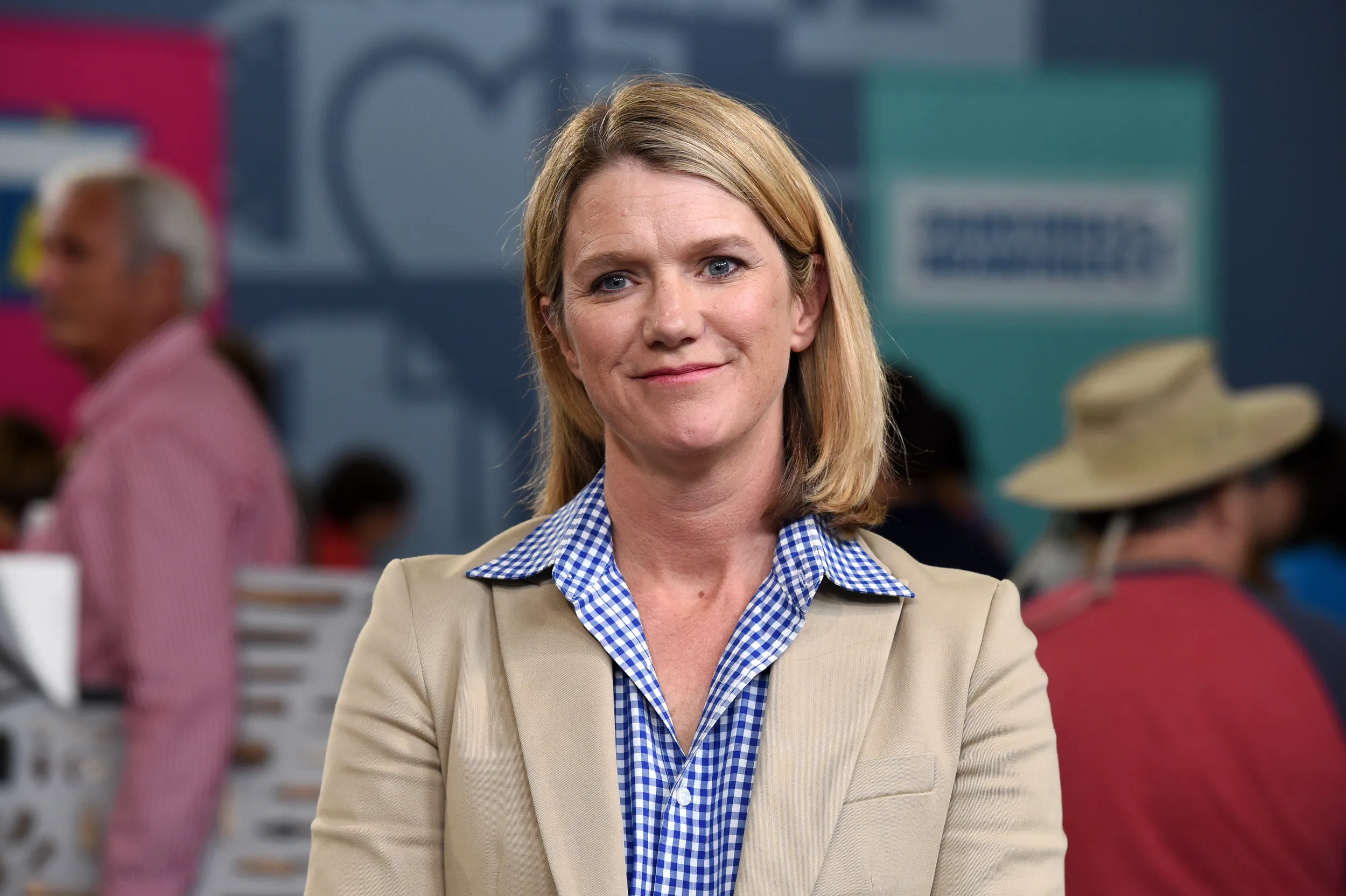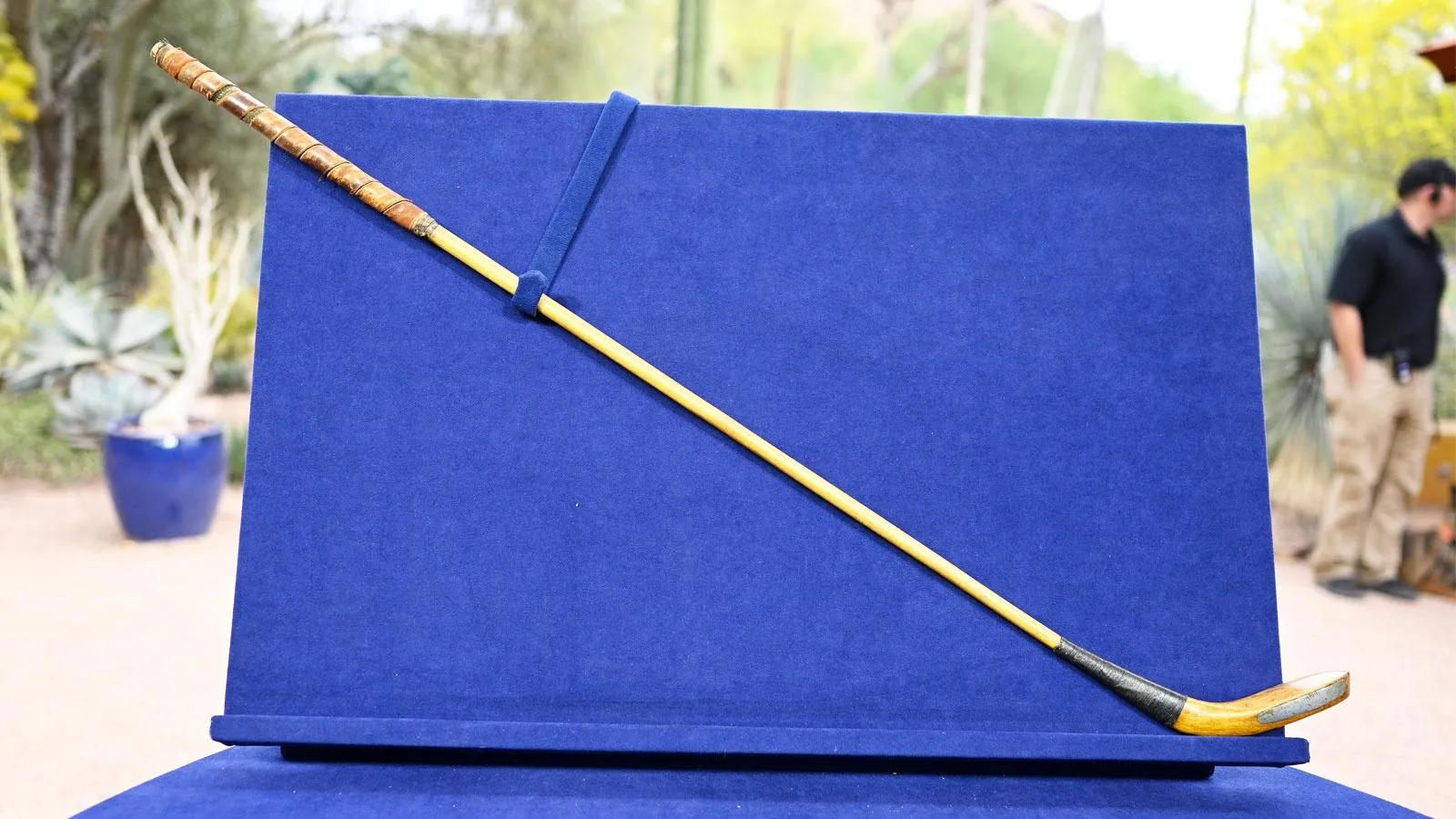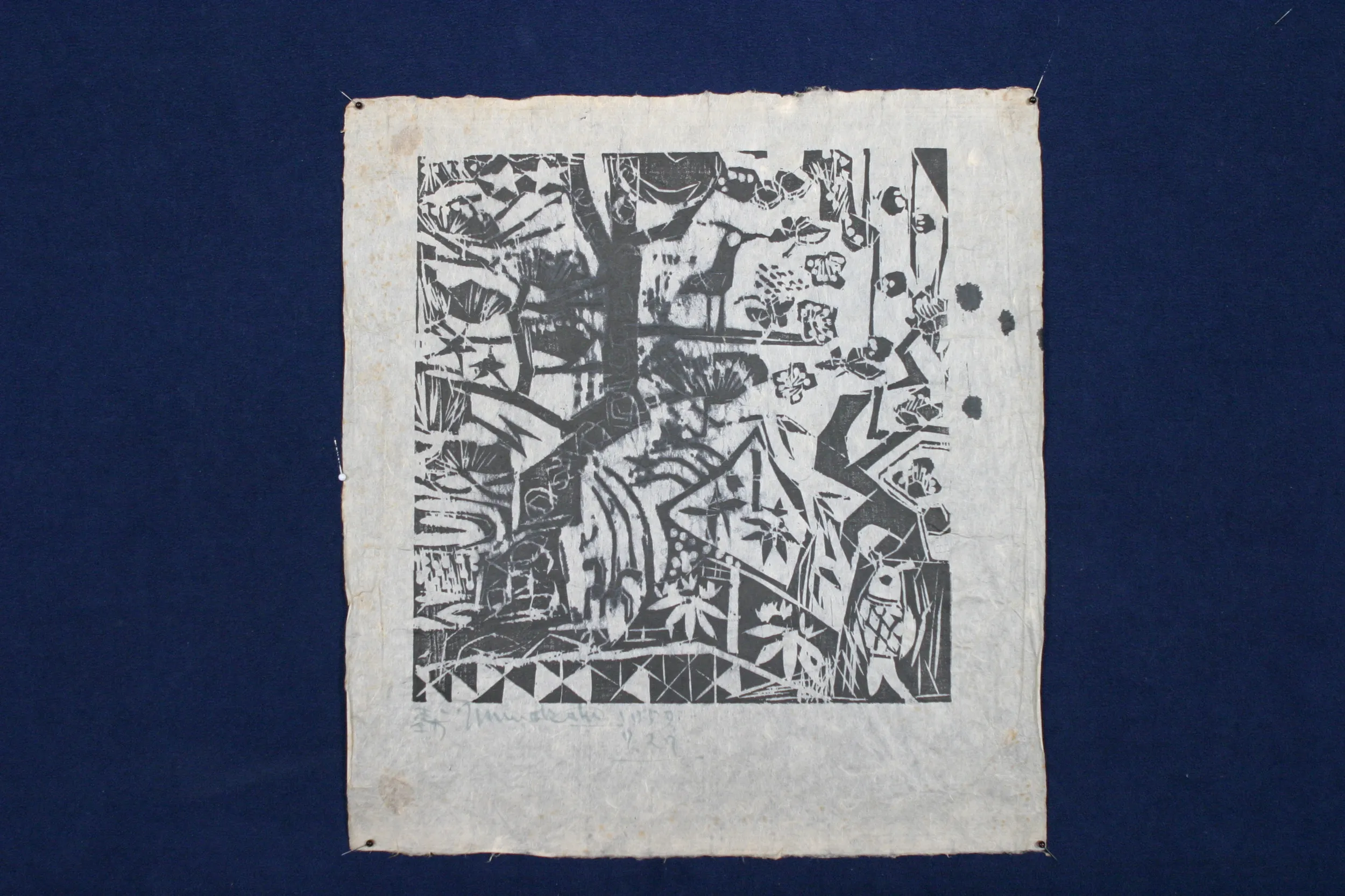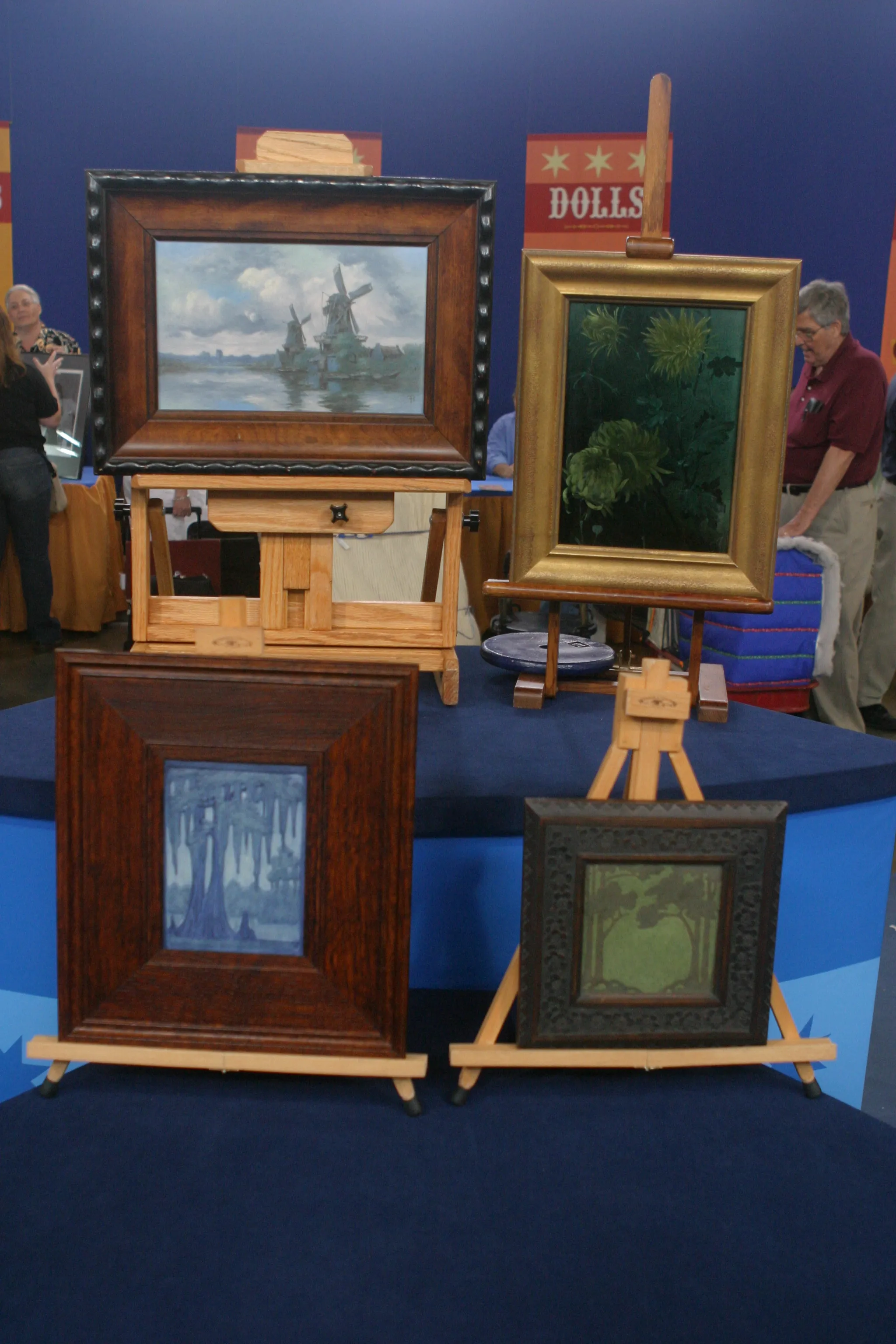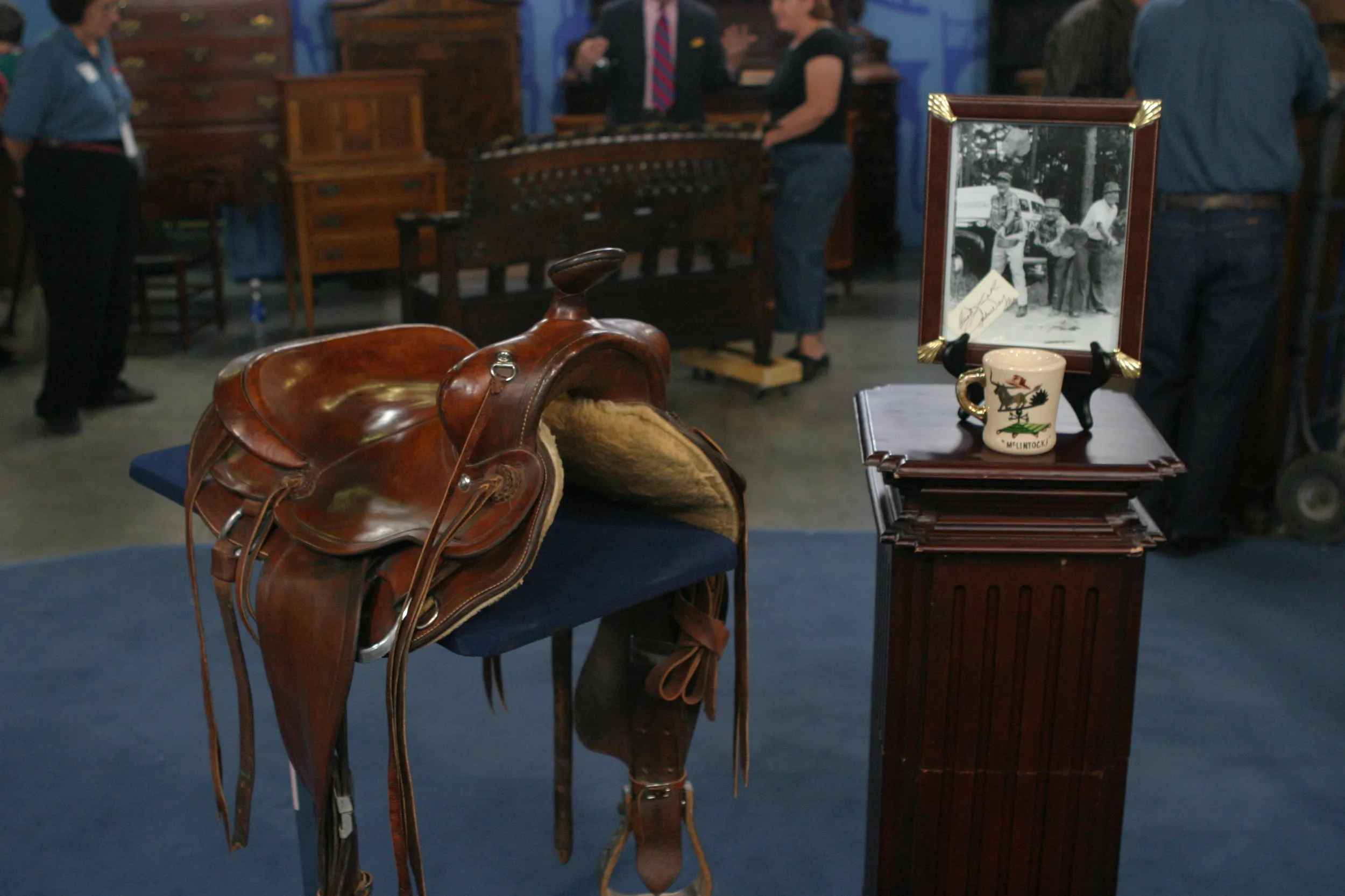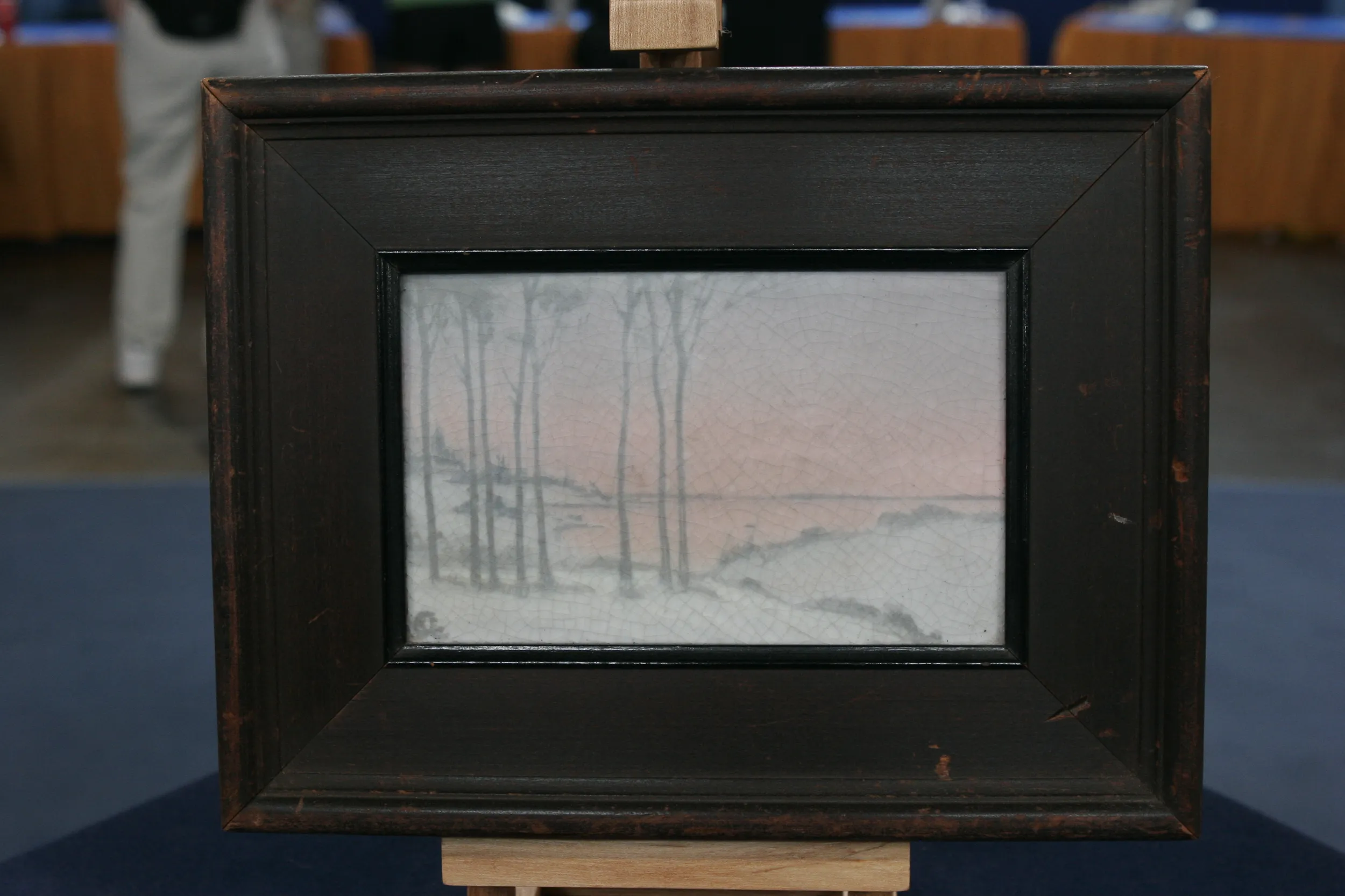GUEST: Well this document belongs to my wife, who got it from her late husband's estate. He ran a used-book store.
APPRAISER: It's an engraved copy of a signed souvenir edition of the 13th Amendment. So, in 1863, Lincoln issues the Emancipation Proclamation, which frees the slaves in the rebelling states. But there was always a worry that once those states reentered the union, they might try to slip slavery back in. So it was very important to pass a constitutional amendment that banned slavery, which is what the 13th Amendment was, and the 13th Amendment is the first in a series that address civil rights. The 13th Amendment abolishes slavery, the 14th Amendment guarantees citizenship, and the 15th Amendment guarantees the right to vote. If you look here, this gives us the text of the 13th Amendment, and it tells us that it passed in the Senate first, in April of 1864, and then it passed in the House in January of 1865, and then Lincoln signed it in February of 1865. And then the next step is that it goes to the states to be ratified. In 1865, when this law is passed, people worked to create souvenir copies. There are at least four handwritten copies-- they were done after the fact-- of the 13th Amendment that are just signed by Lincoln and Hamlin and Schuyler Colfax, and one other. And then some of the congressmen decided that they would like their own copy. And so there probably are maybe five or six of those copies, so they're signed by Lincoln and by the congressmen. There's also a copy that's just signed by the congressmen and not signed by Lincoln. So this particular print was printed by a company called the Western Bank Note Company, and the year of publication was 1868. So I thought, "That's weird. That's a weird three-year delay." But guess what was ratified in 1868? The 14th Amendment. So it's celebrating the 13th Amendment, but it's really probably motivated by the passage of the 14th Amendment. So someone at this Western Bank Note Company got a copy of one of those signed souvenir copies, and created this beautiful engraving, which was sold in a very limited number. It's rare-- there are only a handful of copies that have turned up at auction. It conservatively sells for between $4,000 and $6,000.
GUEST: Goodness.
APPRAISER: If you had the real one...
GUEST: (chuckles)
APPRAISER: If you had the real one, signed by Lincoln, do you want take a guess at what that one...
GUEST: Oh, I couldn't imagine. A million.
APPRAISER: The last two copies sold for two.
GUEST: Two million?
APPRAISER: Two million. Yeah, pretty nice. But this is pretty great, too.
GUEST: Great.
